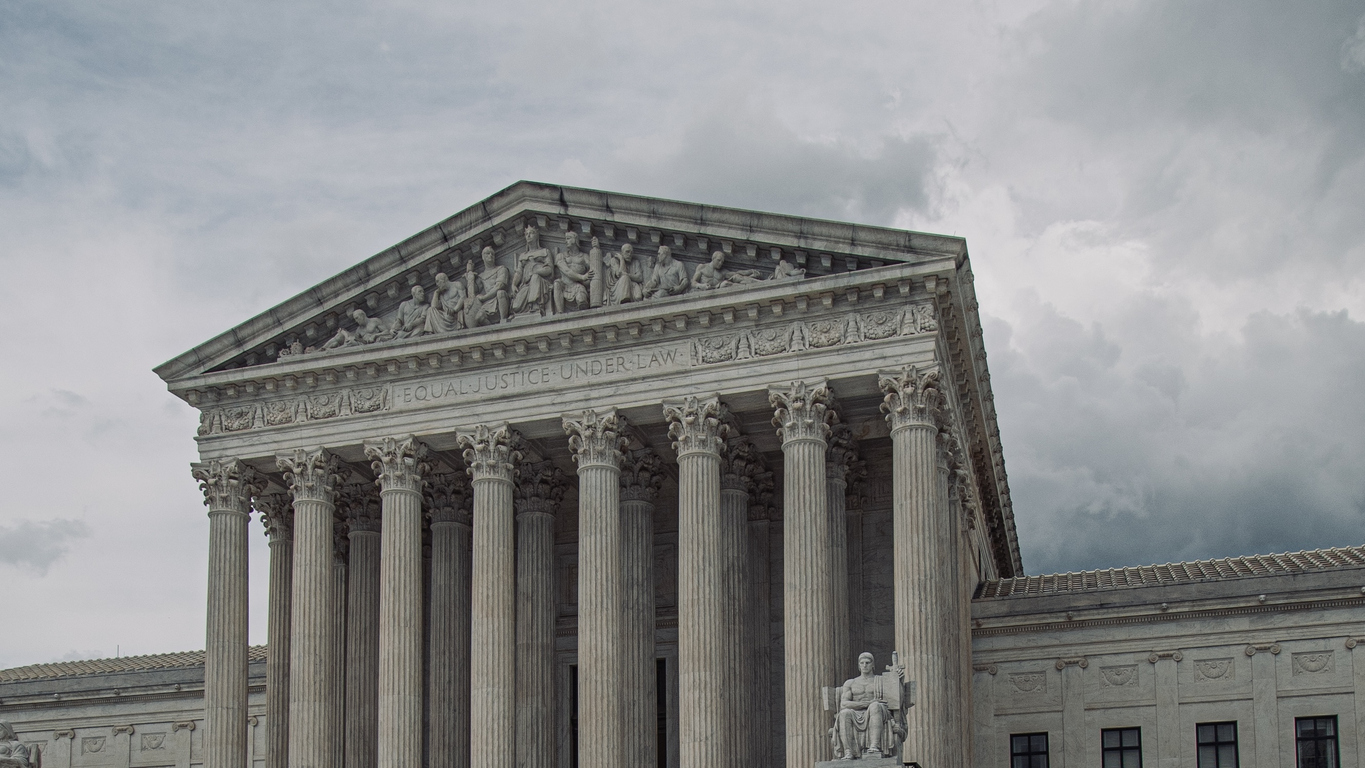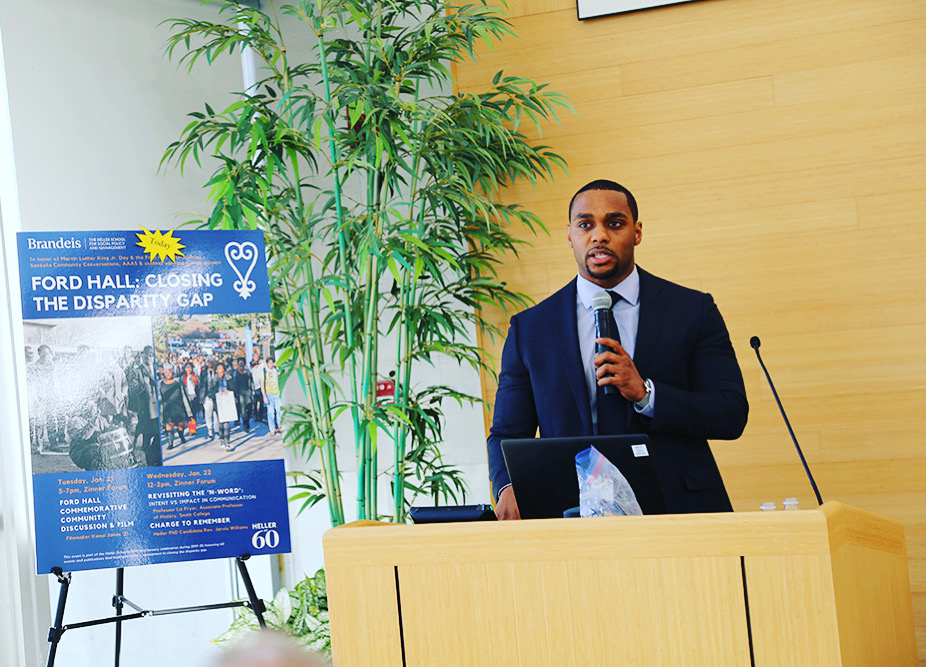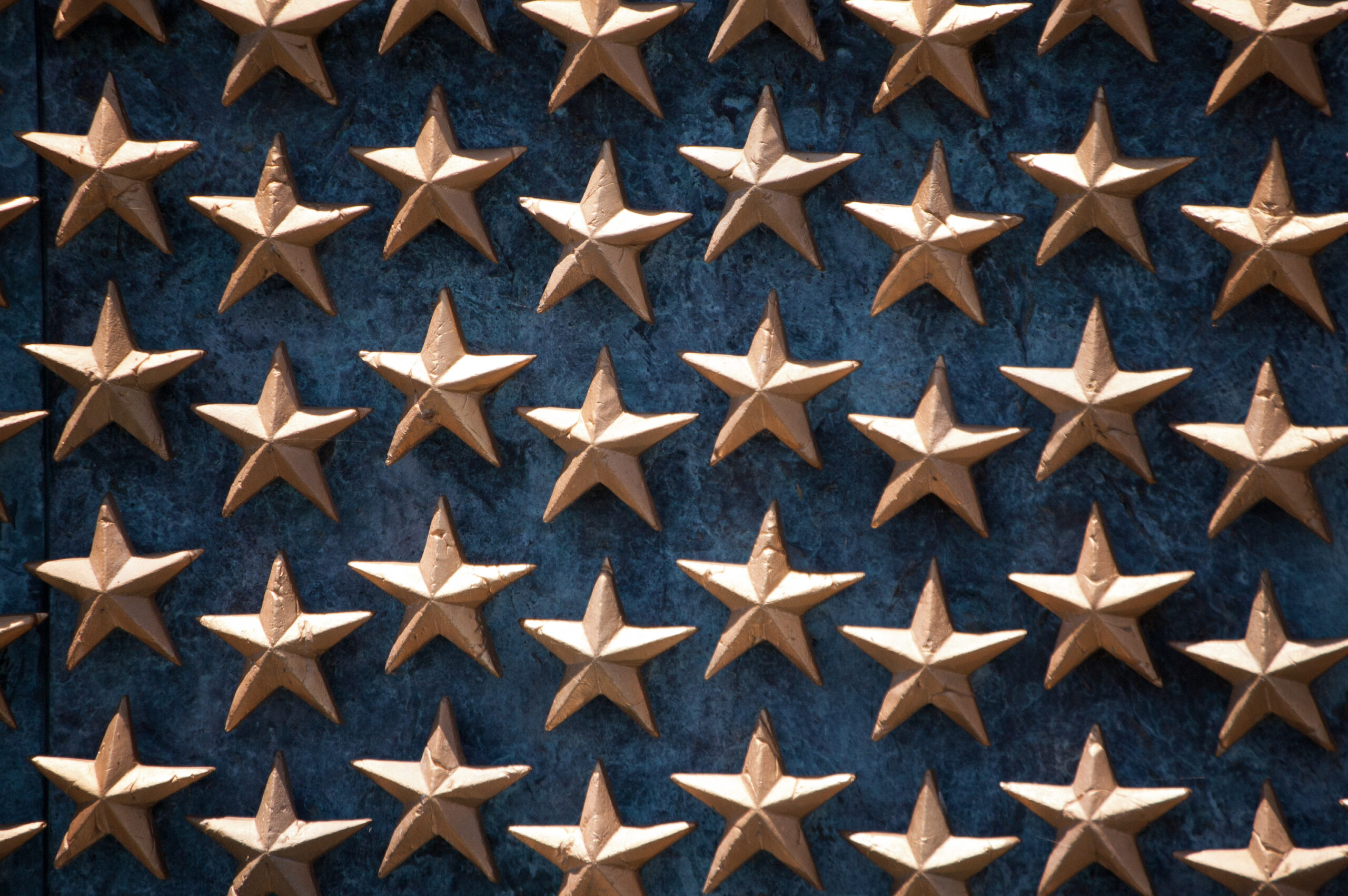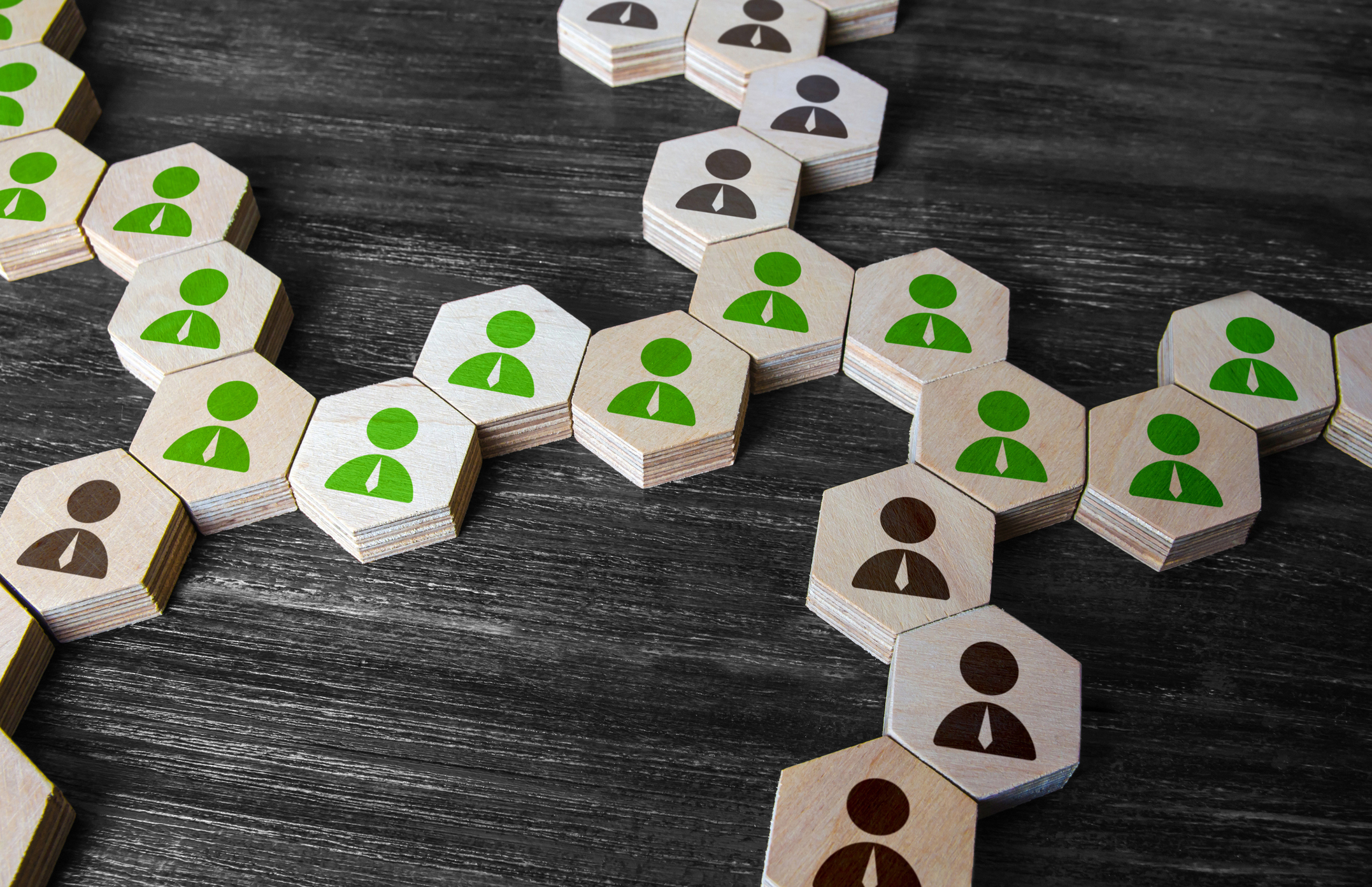Tag: Pillars

Venezuelan Businesses Fight a Rising Dictator
Time Period: November 2001 - April 2002Location: Venezuela, CaracasMain Actors: Venezuelan Federation of Chambers of Commerce and Production/Federación de Cámaras y Asociaciones de Comercio y Producción de Venezuela (Fedecámaras)Tactics -...

A Missouri Chamber of Commerce Speaks up For Their Community
Time Period: 2020Location: United States, MissouriMain Actors: Joplin Area Chamber of CommerceTactics - Establishing new social patterns In 2020, after the murder of George Floyd and subsequent Black Lives Matter...

Check My Ads Illuminates Authoritarian Advertising
Time Period: 2021-PresentLocation: United States, Online CampaignMain Actors: Check My Ads InstituteTactics Used - Online Boycotts - Social Media Campaigns - Newsletters In 2021, Nandini Jammi and Claire Atkin, two...

Wisconsin Business Leaders Ensure Fair Elections
Time Period: 2021-presentLocation: United States, WisconsinMain Actors: Wisconsin Business Leaders for DemocracyTactics - Civic Engagement - Media Outreach - Petitions - Questionnaires - Signed Letters of Support - Amicus Brief...

Comparative Caselets: The Civil Service as a Pillar of Support
Time Period: 1920-2023Location: USA, Canada, Germany, Guinea-Bissau, FijiMain Actors: Current and former Department of Justice employees; American Federation of Government Employees (AFGE); National Treasury Employees Union (NTEU); Transportation Safety Administration...

US Bishops and the January 6th Capitol Attack on Democracy: A Pillars of Support Caselet
Time Period: 2021Location: United StatesMain Actors: US Conference of Catholic BishopsTactics - Declarations by organizations and institutions - Letters of opposition or support - Signed public statements - Newspapers and...

Understanding Pillars of Support
Horizons has been focusing on how various Pillars of Support, notably faith-based organizations, businesses, unions & professional associations, and veterans/military groups, have contributed to authoritarian systems and how they have...

Welcome to Jarvis Williams, New Director of Applied Research at The Horizons Project!
Enjoy this short interview between our Chief Network Weaver Julia Roig and our new Director of Applied Research Jarvis Williams as he describes his excitement and motivation about joining the...

THE PILLARS PROJECT: Veterans and Military Families
*By former Director of Applied Research Jonathan Pinckney. Why should veterans and military families care about authoritarianism? American democracy is in a moment of crisis. Long-standing authoritarian trends and practices...

THE PILLARS PROJECT: Labor Unions and Professional Associations
*This article was written by former Director of Applied Research Jonathan Pinckney. Why should labor unions and professional associations care about authoritarianism? American democracy is in a moment of crisis....
